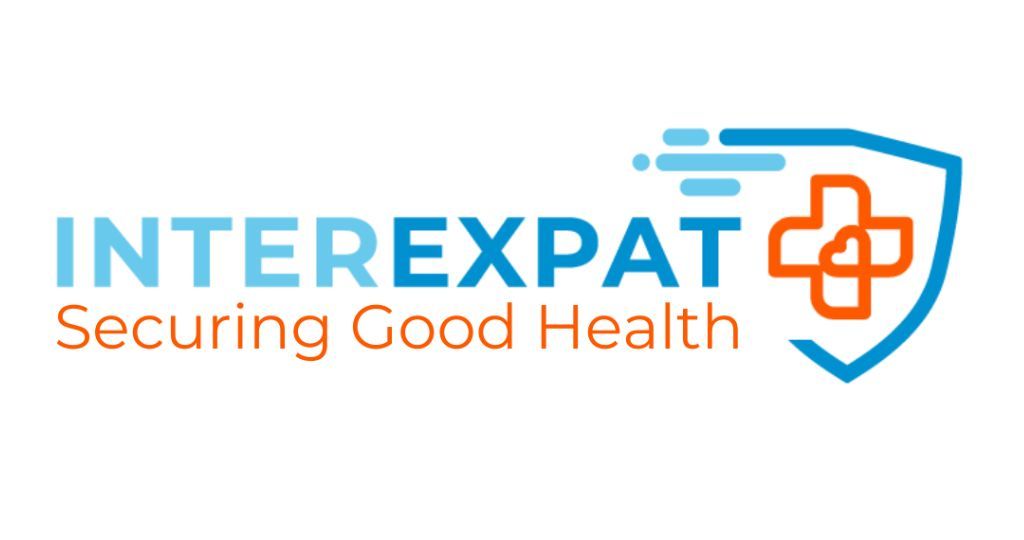Premium Levy
What Expats in Singapore Should Know


Learn what a premium levy is, why it exists, and how it may affect your health insurance costs.
What is a Premium Levy?
A premium levy is an additional fee charged on top of your insurance premium. It’s typically mandated by a government or regulatory body to help fund healthcare systems, insurance regulation, or compensation schemes that protect policyholders.
While premium levies are more common in regions like Hong Kong or certain European countries, it’s important for expats in Singapore to understand this term — especially if you’re considering international health insurance that originates outside Singapore or covers multiple regions.
When Does a Premium Levy Apply?
Jurisdiction-based: Premium levies apply depending on where your insurance policy is issued or where the cover applies.
Type of insurance: Some countries apply levies to specific insurance products (e.g. health, life, or property insurance).
Percentage: The levy is usually a small percentage of your annual premium (for example, 0.1% to 1.0%).
💡 Tip: Your broker or insurer should inform you if a premium levy applies to your plan. Always ask for a full breakdown of costs.
How Does It Affect You?
Higher total premium: The levy increases your overall insurance cost, even if only slightly.
Transparency: The levy should appear clearly on your invoice or policy documents.
Non-negotiable: Because it’s usually a government-imposed fee, you can’t remove or reduce it.
Risks and Considerations
Hidden costs: If you’re not aware of the levy, you might underestimate your insurance budget.
Varies by location: If you move between countries, levies and fees might change.
Benefits and Key Takeaways
Protects policyholders: In many cases, premium levies help fund compensation funds or regulatory protections that benefit insured members.
Part of standard pricing: A levy is a normal element of certain international health insurance policies and should be considered when comparing plans.


